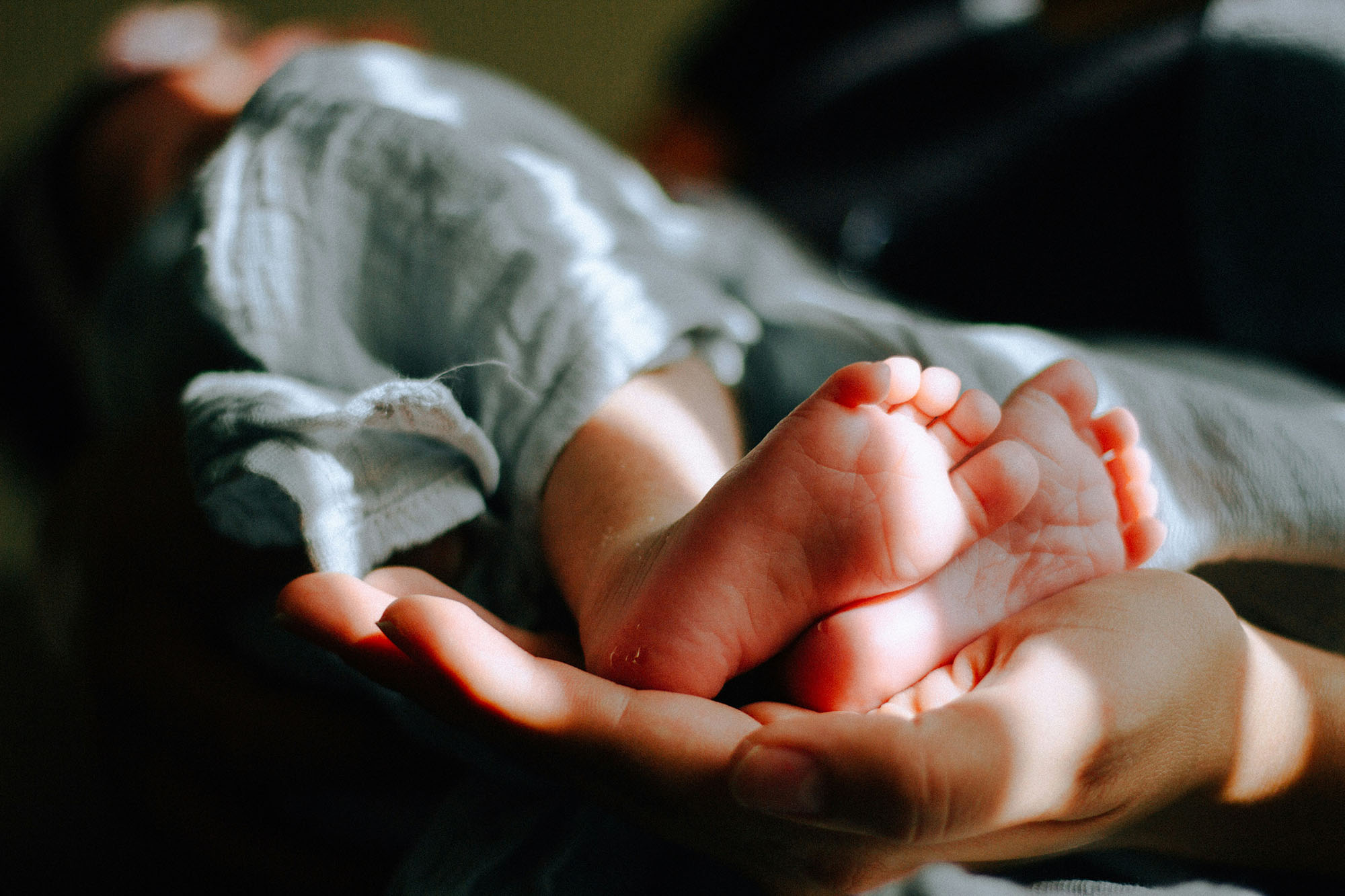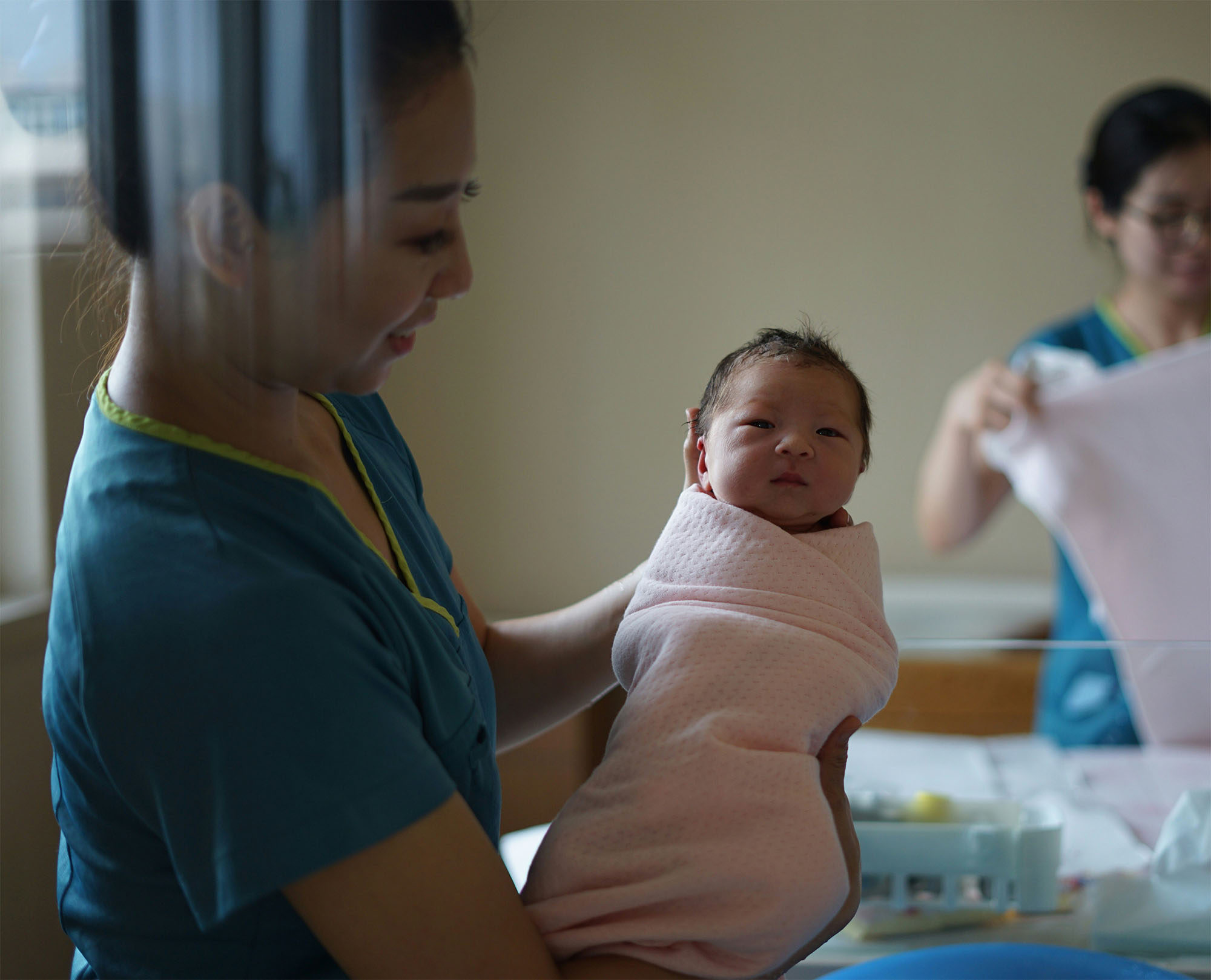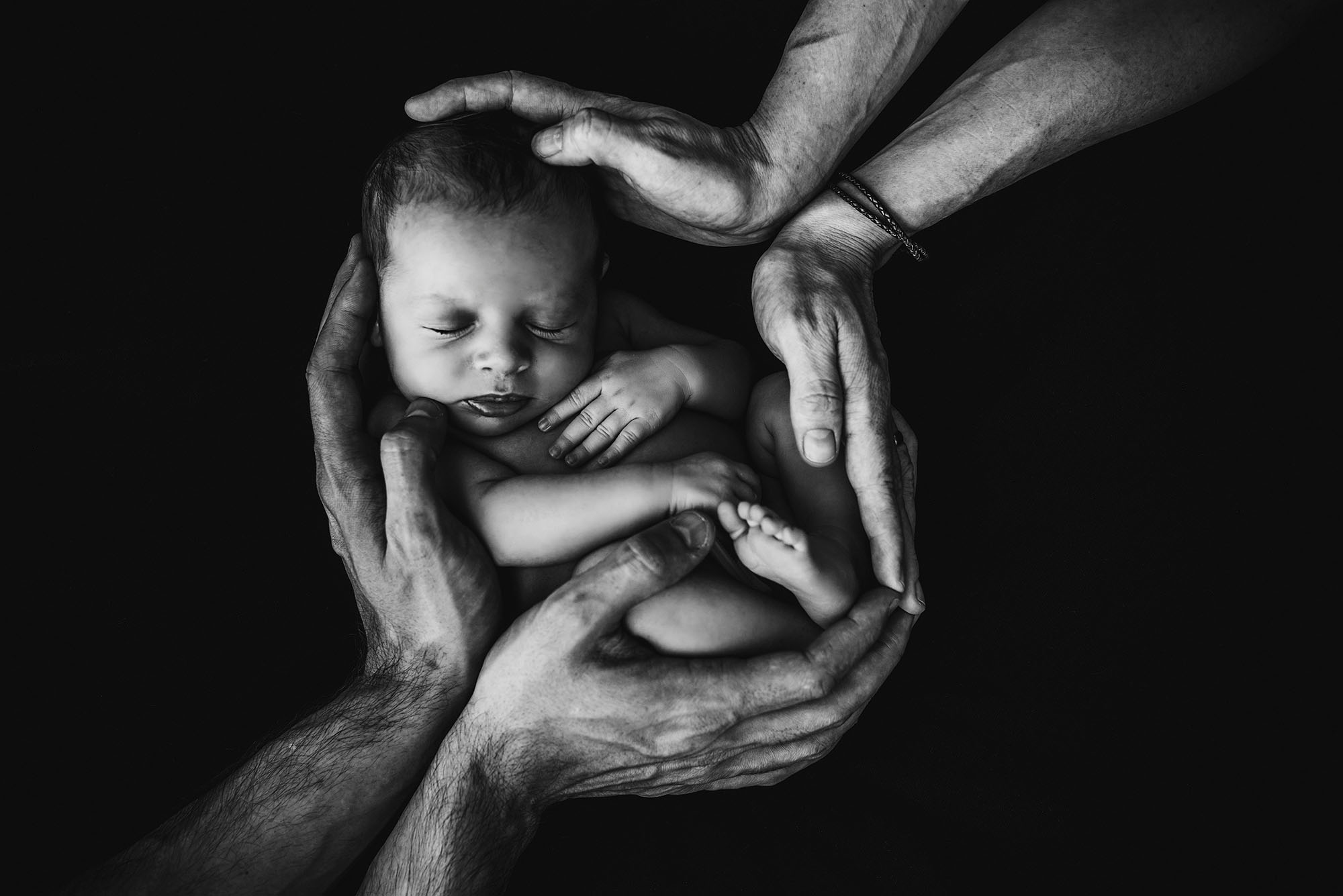Understanding Perinatal Loss
Perinatal loss refers to the death of a baby during pregnancy or the neonatal period. For decades, the rates of these losses have remained relatively steady. It is estimated that one in four women will experience the death of a baby during their lifetime. The emotional, social, and physical impact on the entire family cannot be overestimated. Across the United States and around the world, millions of women and families are living with the grief of having a baby die too soon.
Global Efforts to Reduce Perinatal Loss
In recent years, several health systems and nations have been investing in programs aimed at reducing these deaths, particularly stillbirth. Early indicators from care bundles implemented in Scotland, the United Kingdom, and Australia are creating promise that these efforts will be successful. Adjacent initiatives, such as the Manchester Rainbow Clinic for pregnancy after loss, are providing additional hope, information, and motivation for future progress. One of the most powerful effects of these programs is that they force us to question the professional fatalism that has surrounded perinatal loss for generations.
The Role of Care Bundles
One common denominator in these international initiatives is their multifactorial nature. Unfortunately, it is unlikely that we will identify a single ‘magic wand’ that independently improves the rates of these losses. However, when many concepts are combined into comprehensive care, our potential for making a difference increases significantly. The care bundle concept is not new in medicine, or even in obstetrics. But by applying care bundles for the prevention of stillbirth, organizations like the National Health Service in the UK and the Centre for Excellence Stillbirth in Australia are expanding our application of this healthcare tool.

The Formation of IPPE
In the United States, no professional health organizations have taken responsibility for reducing the rate of perinatal loss. The International Partnership for Perinatal Excellence (IPPE) was created to be a place for health professionals to join together and move perinatal loss prevention forward. By providing education, research, practice tools, networking opportunities, and support, members of IPPE will benefit from the leading edge in evidence-based medicine.
Certification and Curriculum Development
The first level of certification focuses on three main areas of care with focus on newer or more innovative elements. These include prevention care, perinatal loss, and pregnancy after loss. Subsequent levels will address additional critical topics such as long-term maternal health and disparities in perinatal loss. Several care concepts are woven into the entire curriculum, including family-centered care and trauma-informed care, which hold great promise for reducing poor perinatal outcomes and minimizing disparity gaps.
Commitment to Multidisciplinary Teamwork
For members and certified professionals, IPPE offers many options emphasizing the importance of teamwork and a multidisciplinary approach to care. We believe that when an entire care team shares the same fundamental approach and commitment, the outcomes for women, babies, and families are substantially improved.
IPPE is a project of the Star Legacy Foundation. We are grateful for the many health professionals, researchers, and families who inspired this work, especially those instrumental in bringing this program to fruition. Thank you to everyone who contributed time, expertise, finances, and perspective to this effort. We are committed to continuing our mission and improving perinatal care for families around the world.



